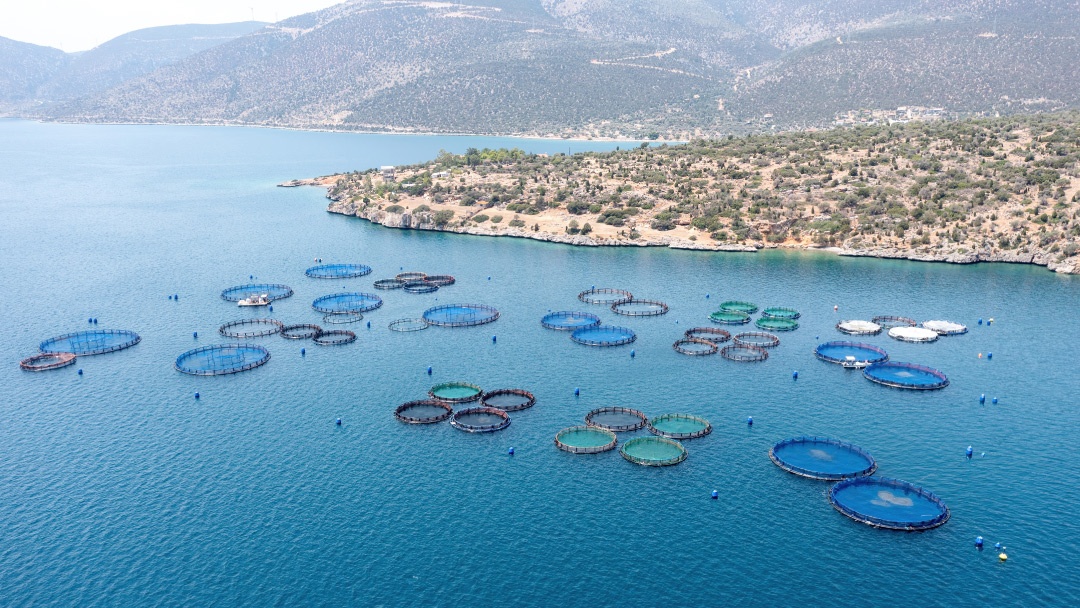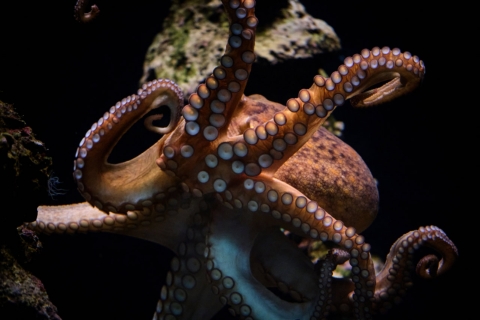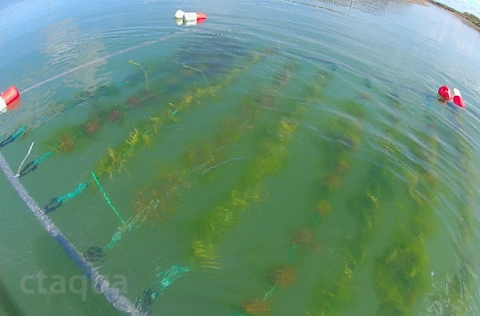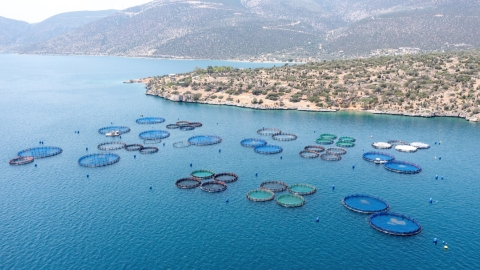
The Aquaculture Advisory Council has issued a series of key recommendations to ensure that the forthcoming European Ocean Pact gives aquaculture the central role it deserves.
In its latest paper, published recently, the Council welcomes the European Commission’s initiative as a vital opportunity to strengthen ocean health, boost a sustainable and competitive blue economy, and establish a coordinated research and investment agenda. The Council’s contribution focuses on three core objectives of the Pact-all with clear implications for the aquaculture sector.
The Aquaculture Advisory Council raises concern over ongoing threats to marine ecosystems, including nutrient pollution, untreated urban wastewater and norovirus outbreaks, which it describes as “a significant threat to shellfish farming and a potential risk to farming in general.”
The Council highlights the importance of fully implementing the updated Urban Wastewater Directive, along with other environmental regulations. Crucially, aquaculture is positioned not only as a food provider but also as a contributor to marine ecosystem services, such as improving water quality, habitat restoration and carbon capture.
“The maintenance of a healthy aquatic ecosystem is essential, particularly with so many research and knowledge gaps existing”, noted the document.
The Aquaculture Advisory Council also stressed that “European aquaculture will be an essential component of any future Ocean Pact”, citing its potential to contribute to food security, fertilizer production, animal feeds and even pharmeceuticals, particularly via lower trophic species such as shellfish and algae.
Despite Europe being the largest seafood market globally, EU Member States currently account for less than 2% of global aquaculture output. To address this imbalance, the Council advocates for a fairer regulatory landscape, where imported aquatic products are subject to the same social, environmental and animal welfare standards as those produced within the EU.
The Council calls on the Commission to streamline licensing for integrated multi-trophic aquaculture (IMTA) and co-culture systems, and to support restocking initiatives. It also encourages the uptake of innovative models that boost productivity without increasing environmental pressures.
To that end, it proposes exploring a quota-based system for nitrogen use in aquaculture, with transferable permits between farms. This, the Aquaculture Advisory Council argues, could “improve the environment’s status without reducing the total cap” by reallocating nitrogen to areas with greater environmental carrying capacity.
Such tools, it notes, could unlock both private and societal gains while helping the sector comply with tightening pollution limits under the Water and Marine Strategy Framework Directives.
The Council is particularly concerned that relying solely on the EMFAF programme could “lead to insufficient and delayed support and an uneven playing filed among EU aquaculture farmers”.
In response, it urges the Commission to adopt a science-driven approach and update research priorities annually. The Council also calls for a yearly meeting-hosted either by the Aquaculture Advisory Council or the Commission-with stakeholders responsible for aquaculture innovation, to address research gaps and accelerate knowledge transfer.
In line with the EU’s digital ambitions, the Aquaculture Advisory Council supports ongoing investment in marine data and technology, particularly the development of the Digital Twin of the Ocean, which can provide real-time modelling and support for marine users.
The Council underscores the need for the Pact to reflect the diverse range of ocean stakeholders, and for marine spatial planning to balance food production with other sectors such as energy, shipping and tourism.
“The Ocean Pact must consider (societal needs), the ecosystem (interaction of human, biotic and abiotic factors) and the health and welfare of sentient aquatic animals harvested for food and feed.”
European oceanic waters play important social and economic and cultural roles and underpin communities and livelihoods.”
With demand for food to set to rise by over 50% by 2050, and land-based agriculture already near capacity, the Aquaculture Advisory Council makes clear that aquatic systems will be essential in meeting global needs in a sustainable way.



